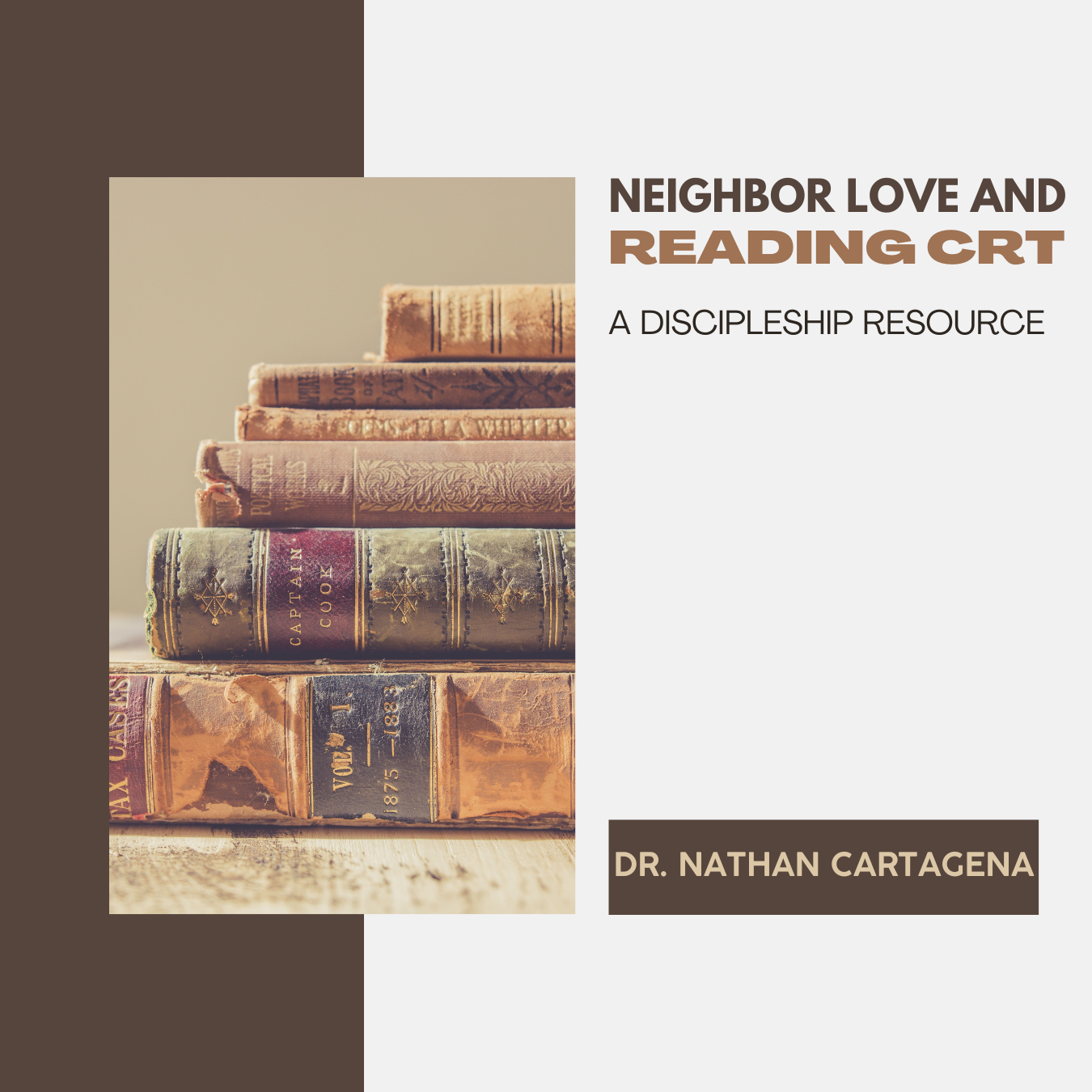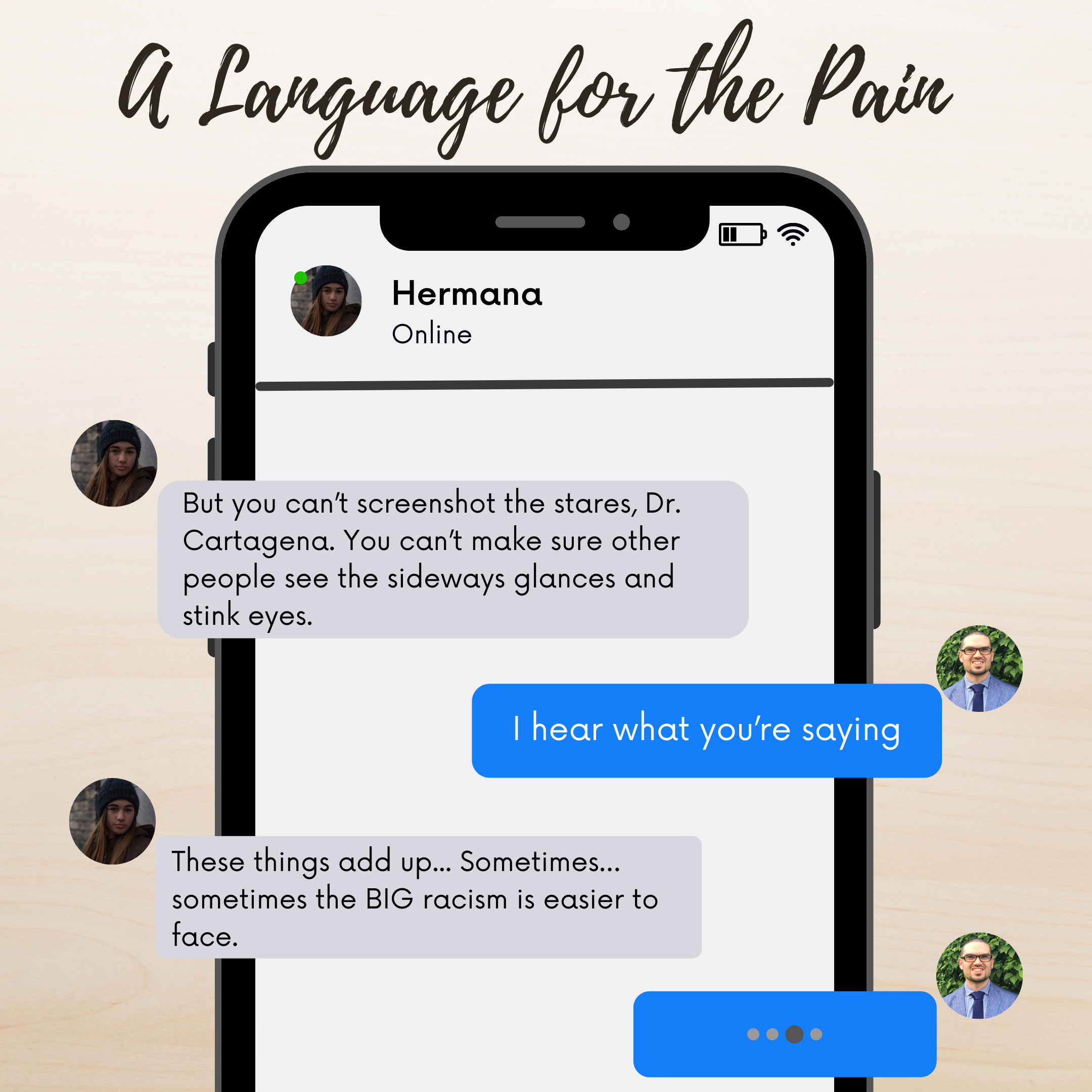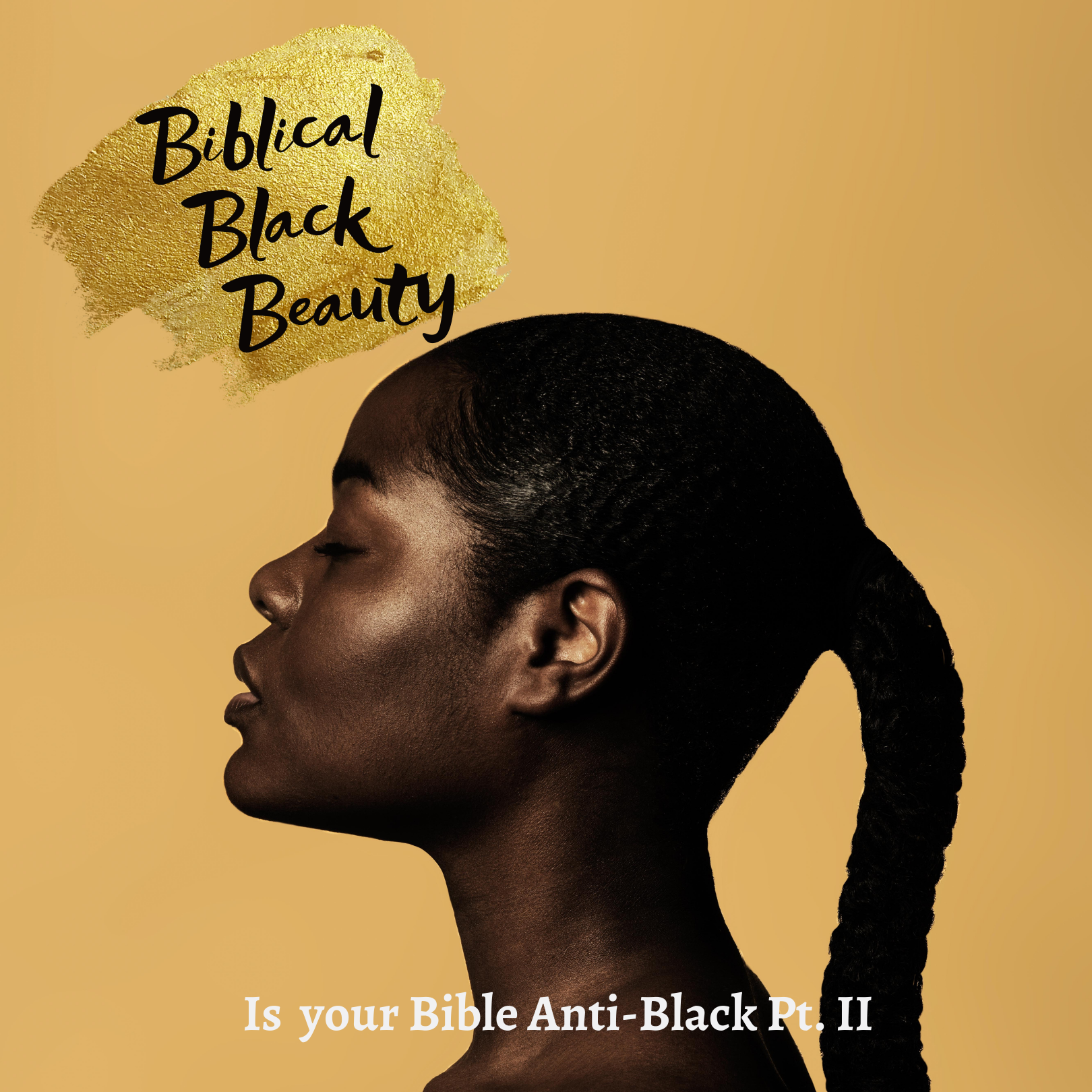““Then the righteous will answer him, ‘Lord, when did we see you hungry and feed you, or thirsty and give you something to drink? When did we see you a stranger and invite you in, or needing clothes and clothe you? When did we see you sick or in prison and go to visit you?’
“The King will reply, ‘Truly I tell you, whatever you did for one of the least of these brothers and sisters of mine, you did for me.’”
Mamaw’s Cry
Tears filled my eyes as I put my bed away.
I was visiting Mamaw and Grandpa in their nineteen-foot RV. They slept in the lone bedroom. I slept on the living-room couch, an arm’s length away from the front door and rear kitchen. Medicine bottles, heating pads, braces, and canes filled the cramped space. A walker and set of handheld massagers lined the wall. Mamaw and Grandpa had accumulated this stockpile over the years, hoping each would alleviate some of Mamaw’s chronic pains. Some days they helped. Other days Mamaw’s suffering rendered them useless. None of these resources could dampen her searing pain.
Two thin doors and a miniature bathroom separated my room from the bedroom. Even collectively they could not contain the shriek of agony that jolted me awake. Mamaw was screaming. Extreme pain in her neck and back thrusted her into consciousness. Any movement proved excruciating. The emerging sunlight made matters worse. I heard Grandpa draw the blinds as Mamaw yelled, “Bill, close them—I can’t take it!!” Like the blinds, Mamaw stayed down. She couldn’t get up. There’d be no trips to the bathroom; there’d be no gatherings in the living room; there’d be no cutting up; there’d be no physical relief. The trailer’s resident remedies proved impotent. Mamaw lay in a den of misery all day.
I knew Mamaw wouldn’t get out of bed. Two months of living with her made me familiar with early morning cries that testified to day-long, bed-ridden suffering. Mamaw’s anguish resulted from sustained physical abuse and car accidents initiated by drunk drivers. Pain had been her constant companion. A piercing form visited her now.
I waited to rise until I heard Grandpa confirm what I already knew. “Nathan,” he said stepping down into the living room, “Your Grandma is in intense pain and isn’t likely to get up today. Why don’t you go to the local YMCA to play?”
Grandpa returned to Mamaw. Fighting back tears, I got up and started making my bed. I heard Mamaw moan. I wept.
I spent the morning and afternoon at the YMCA. None of the pickup basketball games, nor shooting and dribbling drills dampened the reverberations of Mamaw’s moan. I heard it over the squeaks of shoes on hardwood. I heard it over the boombox pouring out music. I heard it over my sorrow.
Grandpa greeted me when I returned home.
“Hi Nate! Good to see you. Grandma is sleeping so we need to be quiet. How was the Y?”
“Fine. But I didn’t want to be there. I wanted to be with you and Grandma. I wanted Grandma to feel better.”
“I know. I wish she felt better, too.”
“Did any of Grandma’s friends in the trailer park visit?”
“No. They’re all out of town.”
“What about her friends from Bible study?”
“No.”
“It seems like no one from the surrounding churches ever comes to help you and Grandma—not even members of her Bible study.”
“That’s because they don’t come. They never have. Hasn’t mattered where we’ve lived or who knows about Grandma. Church folks don’t come. They don’t help—or at least they don’t help for long. Only Grandma’s close friends like Nell stay with us.”
“I hate it. I absolutely hate it. People, especially Christians, should be helping you all.”
“Whether or not they should, the truth is they usually don’t. And when you’re as old as I am you learn not to expect their help. They’ve Bible studies to attend. It’s a lot easier to discuss the Bible over coffee than it is to watch Grandma suffer.”
We both grew quiet. Grandpa spoke from decades of abandonment; you could hear it in his voice.
“I’m sorry, Grandpa. It shouldn’t be this way.”
“But it is, Nate. It is.”
““Then the righteous will answer him, ‘Lord, when did we see you hungry and feed you, or thirsty and give you something to drink? When did we see you a stranger and invite you in, or needing clothes and clothe you? When did we see you sick or in prison and go to visit you?’
“The King will reply, ‘Truly I tell you, whatever you did for one of the least of these brothers and sisters of mine, you did for me.’ ”
Bisabuela’s Isolation
Abuela was exhausted. Even over the phone I could hear it in her voice.
“Abuela, ¿Cómo estás? You sound tired.”
“Oh, I’m okay, Nathan.”
“Are you sure”
“Sí. I just got back from helping bisabuela, that’s all.”
“Are tíos Jr. and Tutin helping you?”
“Sí, but they’re both in the States, so I’m the only one taking care of great grandma.”
“I’m sorry abuela. That’s a lot.”
“Sí, Nathan. And bisabuela has been getting worse. She keeps repeating herself. She says the same thing over and over because she doesn’t remember what she’s said. You know what I mean?”
“Sí abuela. Yo entiendo. I’m sorry bisabuela is getting worse. I hate it. Alzheimers is terrible.”
“Sí Nathan, it is. It’s hard to hear bisabuela repeat herself. And it’s hard to tell her the same things over and over.”
“Can anyone help you while Jr. and Tutin are gone?”
“We’ve hired someone to help cook bisabuela’s meals and clean her house.”
“What about from your church? Does anyone from the congregation help?”
“Well, how do you say…they pray and say they’re sorry, but they don’t come. So, I have to do it. You know what I mean?”
“I think so.”
“It’s not good, but it’s the way it is. You know what I mean?”
“Sí. Almost no one from church helped my Grandma. I’d hoped things were better in Puerto Rico.”
“Well Nathan, I’ll tell you something. Many people at church come for the service and then do whatever they want the rest of the week. They don’t help anybody. It’s not good. It’s very sinful. But what are you going to do?”
““Then the righteous will answer him, ‘Lord, when did we see you hungry and feed you, or thirsty and give you something to drink? When did we see you a stranger and invite you in, or needing clothes and clothe you? When did we see you sick or in prison and go to visit you?’
“The King will reply, ‘Truly I tell you, whatever you did for one of the least of these brothers and sisters of mine, you did for me.’ ”
The Spirit’s Conviction
The students and I were grooving. Lively group discussions spilled over into insightful class-wide conversation. The energy was invigorating. I was proud of the class and felt blessed to share this hour with them.
“Y’all are making excellent points. Let’s go even deeper. Remember: When we consider the state of an individual, institution, society, or nation, we must think through five categories: race, class, gender, sexuality, and culture.”
Immediately after I finished writing “culture” on the board, I felt Spirit-inspired pangs. The Spirit prompted me to look at the five categories. I did. Then I heard an inaudible question: “What’s missing.” Many answers could’ve been appropriate. I’d not mentioned religion, for example. But that’s not what the Spirit brought to my mind. Instead, the word “Ability” flashed before me. Then conviction flooded over me, and I began to cry.
My students and I had spent the past twelve weeks identifying and lamenting how evangelical discipleship in the US tends to omit the weightier things of the law—justice, mercy, and faithfulness (Matthew 23:23). We’d repeatedly discussed our responsibility to enter the sufferings of others. But I’d never directed my students’ attention to disabled or chronically ill. Neither had our authors. I was discipling my students into ableism. I thought of Mamaw and bisabuela as I repented to the class for this failure.
“I need to do a better job showing y’all Jesus. I’m sorry. Please forgive me.”
“God, be merciful to me, a sinner!” (Luke 18:13)
About Dr. Nathan Luis Cartagena
A son of the US South (Mom) and Puerto Rico (Dad), Dr. Cartagena is an Assistant Professor of Philosophy at Wheaton College (IL), where he teaches courses on race, justice, and political philosophy, and is a fellow in The Wheaton Center for Early Christian Studies. He serves as the faculty advisor for Unidad Cristiana, a student group working to enhance Christian unity and celebrate Latina/o cultures, a scholar-in-residence for World Outspoken, and a co-host for the forthcoming podcast From the Underside. He’s also writing a book on Critical Race Theory with IVP Academic.
Articles like this one are made possible by the support of readers like you.
Donate today and help us continue to produce resources for the mestizo church.











